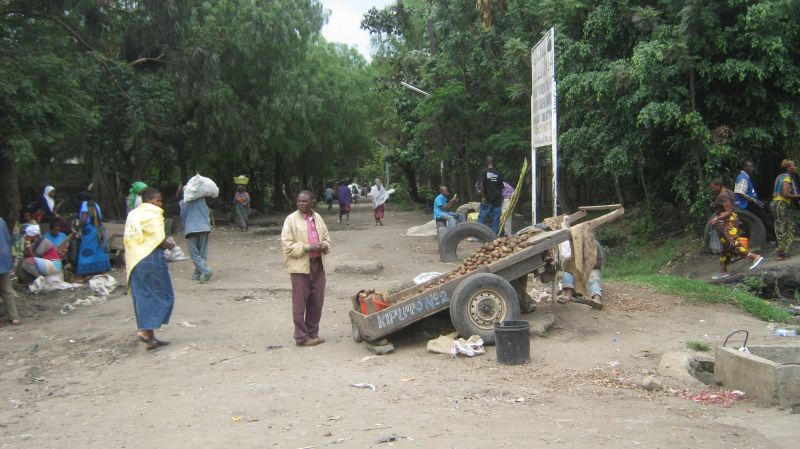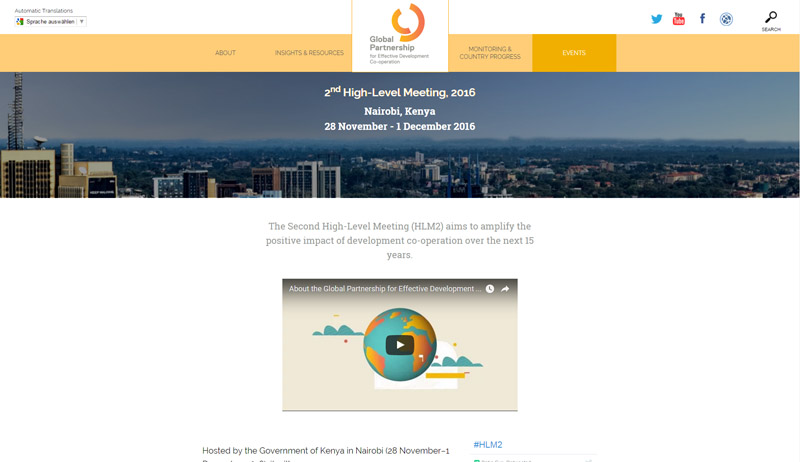Government revenues
Undermining statehood

Beginning in the early 1980s, the international financial institutions and donor governments insisted on structural adjustment programmes that emphasised on “privatisation, deregulation and liberalisation”. Aid and concessionary loans depended on African governments adopting such policies which, however, reduced public revenues.
Compounding the problems, privatisation was linked to the mantra of attracting foreign direct investors. Tax concessions and exemptions were one way to lure foreign companies; another was the free repatriation of profits. Several case studies show that, in some cases, the governments of developing countries spent more money on attracting investors than they collected in taxes from their businesses. The implication is that the governments actually subsidised the companies concerned.
Even today, African governments often grant multinational corporations very favourable tax clauses in investment agreements. In a similar way, double taxation agreements (DTA) are becoming an increasingly important reason for African governments forgoing and forsaking tax revenues (see essay by Nico Beckert). Officially, DTAs are supposed to ensure that a company is only taxed once and that the revenues are shared fairly by the countries involved. In practice, however, DTAs tend to benefit the countries where the multinationals are based. Case studies and other evidence show that the sums could be significant.
The International Monetary Fund no longer endorses DTAs as a matter of course. Analysing the case of Mongolia 2012, it concluded that “some DTAs contain favourable provisions allowing residents of other countries to substantially reduce source taxation in Mongolia”. In the ensuing period, Mongolia decided to cancel its DTAs and to selectively renegotiate them with an eye to ensuring taxation in Mongolia.
Since then, the IMF has been advising developing countries to be careful about signing DTAs. Nonetheless, all OECD members continue to insist on such agreements. They are keen on DTAs that ensure tax concessions to “their” respective multinationals. This approach flies in the face of the dame donor governments’ demand to improve domestic resource mobilisation in Africa and undermines the official development assistance they provide in support of this cause. (da)










